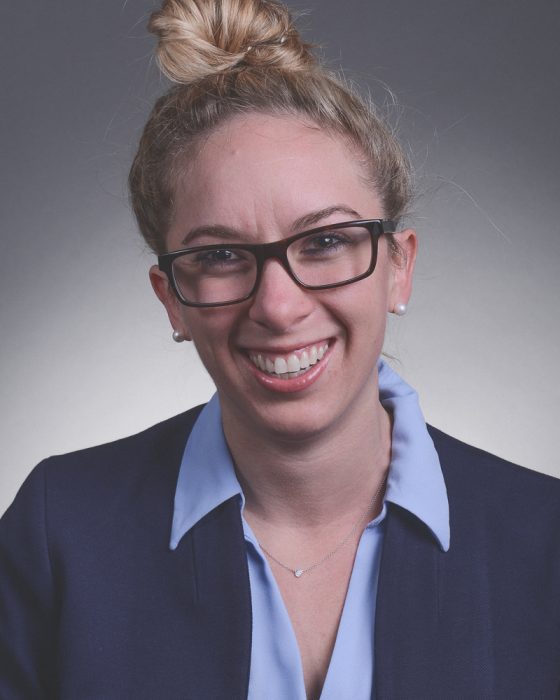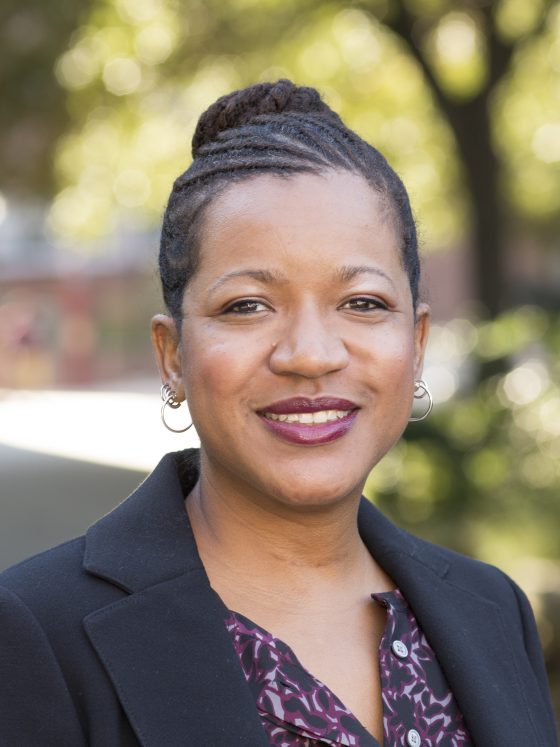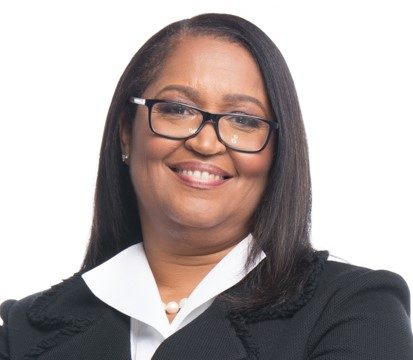
Ahead of International Women’s Day, RIMS is celebrating women’s achievements in the profession. Three women leaders in different stages of their careers recently spoke with Risk Management Monitor about what motivated them to make the move into and within the industry, and what the can be done to even the landscape for all professionals. Download the current RIMScast episode for their full interviews.
Kathleen P. Crowe, Aon Risk Solutions and chair of the RIMS Rising Risk Professionals Advisory Group.
What is your impression of risk management’s playing field?
Crowe: I’ve been in the industry for about six years and even in that time I’ve seen a pretty significant change in the overall makeup of the risk management and insurance positions. A lot of companies – Aon included – have women in leadership positions, which I appreciate. Women represent three of my four largest clients – we’re talking about massive, publicly traded companies and they are responsible for risk management functions.
It used to be the boys club but it’s becoming the women’s club, too, and I am glad to have these fantastic women to look up to. There’s been a lot of significant progress and I’m excited about the future.
How much of a challenge is knowledge transfer in risk management?
Crowe: I think everyone is facing similar issues in finding ways to integrate people into different areas so they can be trained to step up. The knowledge sharing process takes time and effort and though it’s a constant reminder that everyone is busy, it’s a way to prioritize and make sure we’re investing appropriately in the younger generation. This will enable them to succeed in higher positions as they progress through their careers and take on management positions and oversee others.
* * *
 Cassandra R. Cole, Department Chair of Risk Management Insurance, Real Estate, and Legal Studies at Florida State University; Director of the Master of Science in RiskManagement and Insurance Program and the William T. Hold Professor in Risk Management and Insurance.
Cassandra R. Cole, Department Chair of Risk Management Insurance, Real Estate, and Legal Studies at Florida State University; Director of the Master of Science in RiskManagement and Insurance Program and the William T. Hold Professor in Risk Management and Insurance.
You have been an educator for years. Does your curriculum evolve to reflect news and industry trends?
Cole: Definitely. Much of my research comes from what’s going on in the world. It makes the classroom more exciting and the information you share more relevant. It helps the student better understand the connection between what’s going on in the textbook and what’s going on in the real world.
For example, I teach employee benefits on a regular basis and with the passage of the Affordable Care Act, that had implications for company health insurance plans and we spent a lot of time exploring how that law would impact companies, what they offer, their cost of insurance and how it would affect employees.
Are more female students showing an interest in risk management courses and degrees? What could higher education and the profession itself to generate or maintain enthusiasm?
Cole: There has been a significant shift overall in terms of a gender spread. At the undergraduate level, it’s probably more 50-50. At the advanced programs and doctoral level is where I’m seeing a difference and where we still need to continue to inspire women to pursue those advanced degrees.
I think one of the things other than the actual teaching experience is connecting with students, helping them make decisions, [and] helping prepare them for that transition into the work. It is nice, though, to hear from a student who says ‘you’re the first female business professor I’ve had,’ because it demonstrates where they can go in their careers.
We are definitely making some advances but there are disparities in pay that need to be addressed and corrected.
* * *
 Soraya Wright, founder and CEO of SMW Risk Management Consulting and also a member of the RIMS Diversity & Inclusion Advisory Council.
Soraya Wright, founder and CEO of SMW Risk Management Consulting and also a member of the RIMS Diversity & Inclusion Advisory Council.
You were at Clorox for more than 20 years and left as the vice president of Global Risk Management and Crisis Management. What influenced you to go out on your own?
Wright: I initially thought I would be semi-retired, but two friends hired me as a consultant. I realized I had to formalize myself as a company if I was going to take on all these projects.
One of my mentees influenced me to keep working because she appreciated that I was someone who raised the issue of bringing on women and people of color onto strategic projects while I had been at Clorox. I thought about the work I was doing as a consultant and her words and they grabbed at my heart, and I felt another purpose. So, I continue to stay engaged and learn and practice my expertise as a risk manager. But I also devote some time for my passion, which is mentoring and coaching others and influencing change so there are opportunities for under-represented members of our profession.
How do you feel the profession can further encourage women to maintain their careers?
Wright: By providing opportunities for those who demonstrate an interest. Mentorship is important and I believe we’re obligated to reach back and help the next generation and also our peers. Our clients have more leverage than many realize, so just requesting that certain types of people with certain viewpoints work on your project can make all the difference in your work and in someone’s career. If we do that we’ll continue to see this wave of advancement and the leveling of the playing field.
